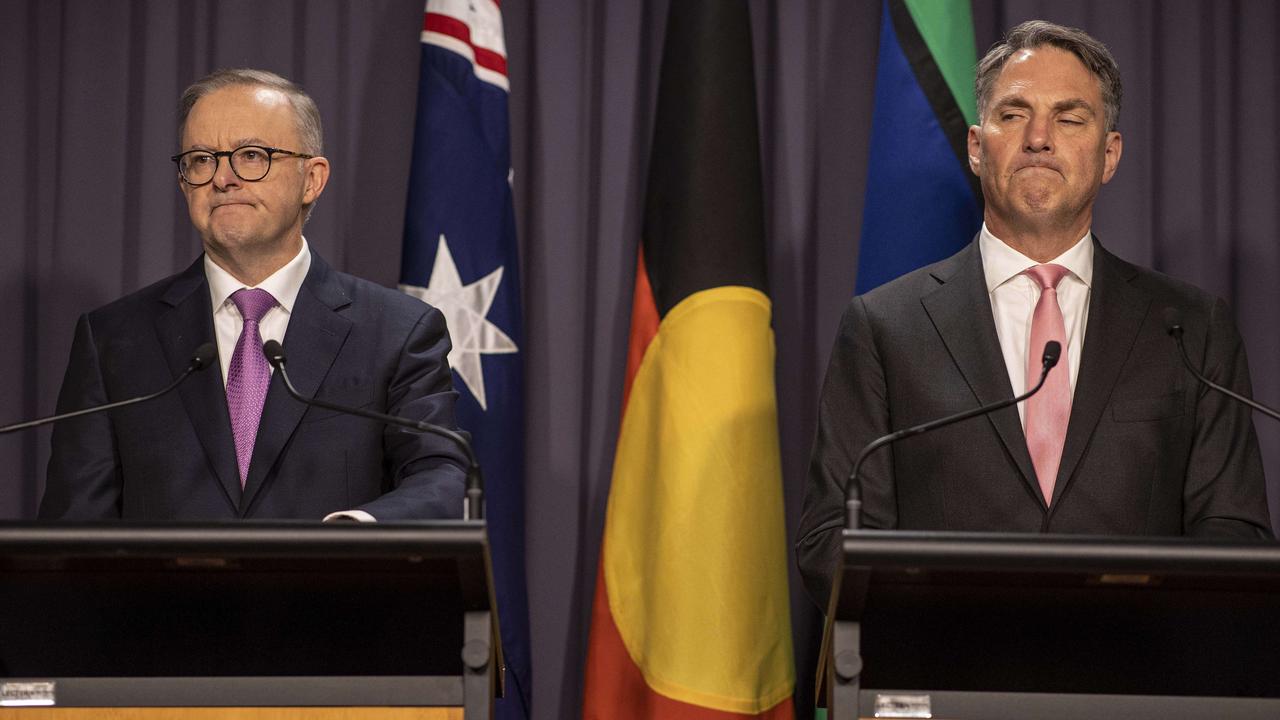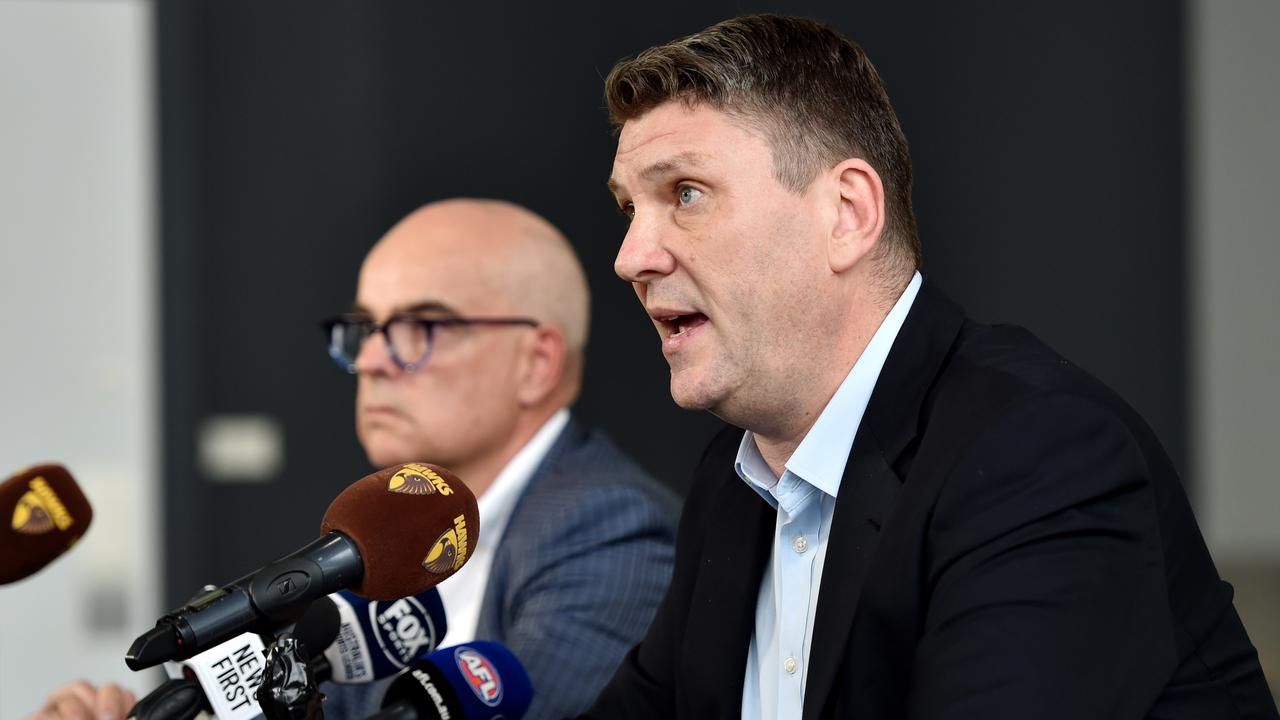Chinese ambassador to Australia condemns US House Speaker Nancy Pelosi’s visit to Taiwan
Beijing’s top diplomat in Canberra has broken his silence on a controversial move by the United States.
The Chinese ambassador to Australia has condemned US House Speaker Nancy Pelosi’s visit to Taiwan as a “serious violation”.
Xiao Qian addressed National Press Club in Canberra on Wednesday, where he spoke about the future of the Australian-Chinese relationship.
Mr Xiao, who was appointed to his diplomatic post in January, delivered his speech against the backdrop of escalating tensions in the Taiwan Strait.
Beijing launched unprecedented military drills in the Taiwan Strait in the South China Sea following Ms Pelosi’s visit.
Mr Xiao on Wednesday said her trip to Taiwan was a “serious violation of the one-China principle and violation of the provisions of the three China US-China communiques”.
“Speaker Pelosi insisted on visiting Taiwan region in disregard of China’s strong opposition, making it clear to the world it was the US side who first took provocative action to change and undermine the status quo,” Mr Xiao said.
“And it is the US side that should and must take full responsibility for the escalation of tensions in the Taiwan Strait.”
Australia earlier this week joined the US and Japan in condemning Beijing’s military exercises in the Taiwan Strait.
Beijing has maintained it is acting within the scope of safeguarding its sovereignty and territorial integrity and has accused Australia of “violating the UN Charter”.
China’s Foreign Ministry spokesman Wang Wenbin said Australia was “grossly interfering” in China’s internal affairs and undermined regional peace and stability.
Australia currently adheres to a one-China policy, meaning it does not recognise Taiwan as a country but maintains unofficial contacts with Taipei promoting economic, trade and cultural interests.
Mr Xiao said on Wednesday he hoped Australia would take the one-China principle “seriously”.
He said earlier in his speech that he felt very strongly about upholding people’s expectations for a “stable and friendly” relationship between the two countries.

50 YEARS OF DIPLOMATIC RELATIONS
Mr Xiao began his speech with an upbeat reflection on the 50-year diplomatic relationship between Australia and China.
“If you look back at the past 50 years, we have, indeed, made great achievements in developing our bilateral relations,” he said.
“Friendship and mutual trust have been constantly enhanced.
“The progress in practical co-operation has been incredibly outstanding.”
Mr Xiao said China had been Australia’s largest trading partner since 2009 and made up more than 34 per cent of Australia’s total import and export in 2021.
He noted that, since 2018, China had been Australia’s main provider of international tourists, with more than one million visitors spending more than $10bn each year.
He said China continued to be the largest source of international students for Australia, accounting for about 28 per cent of all international students in Australia.
DIFFICULTIES IN THE RELATIONSHIP
After highlighting the importance of economic co-operation between the two countries, Mr Xiao said the relationship between Beijing and Canberra had become strained.
He said the relationship in recent years had been “caught in a difficult situation due to reasons known to all”.

“This has greatly impacted the bilateral exchange co-operation in various views and severely damaged the friendship between our two peoples,” he said
“This is something we didn’t want to see and it goes against the interests of our two countries and our two peoples.”
But Mr Xiao said the change of federal government in Australia provided an opportunity to “reset” the relationship.
REPAIRING THE RELATIONSHIP
Mr Xiao spoke of the importance of both China and Australia taking steps to repair the relationship.
He said he was encouraged by the restarting of diplomatic communications as well as the recent meeting of the two nations’ foreign ministers on the sidelines of a G20 meeting in Bali.
“These consensuses are significant for the future development of China-Australia relations,” he said.
“The positive progress in your bilateral relations is encouraging – is an encouraging start, and of course, there’s a lot of work to be done.
“It’s very important for both sides to make further efforts to keep the momentum, take actions for substantial progress and to strive to bring our bilateral relations back on the right track.”
Chinese Foreign Minister Wang Yi last month released a statement detailing four “actions” by which Australia could improve its relationship with Beijing, after his meeting with his Australian counterpart Penny Wong.
Anthony Albanese said Australia “doesn’t respond to demands” when asked about the statement.
Mr Xiao said on Wednesday disputed the idea that Mr Wang‘s list had been one of demands, instead labelling it “proposals from the Chinese side”.
“It was proposals,” he said.
“If you refer to the Chinese version, it was hope and it’s not demand as has been reported in certain media.”

Acting Prime Minister Richard Marles said on Wednesday that Australia wanted to maintain “the most productive relationship we can” with China.
“We would like to see the relationship (with China) be put in a better place. While the government has changed in Australia, our national interest hasn’t, and we will continue to speak up for our national interests,” he said.
“We will do that without fear or favour.”
Opposition Leader Peter Dutton warned that tensions in China were at such a high level that, at “any stage”, the drills could escalate to a “full scale incursion”.
His comments come as an internal review of the Coalition’s election loss suggested Chinese-Australian voters turned away from the Liberal Party due to the Morrison government’s anti-China rhetoric.
Originally published as Chinese ambassador to Australia condemns US House Speaker Nancy Pelosi’s visit to Taiwan


